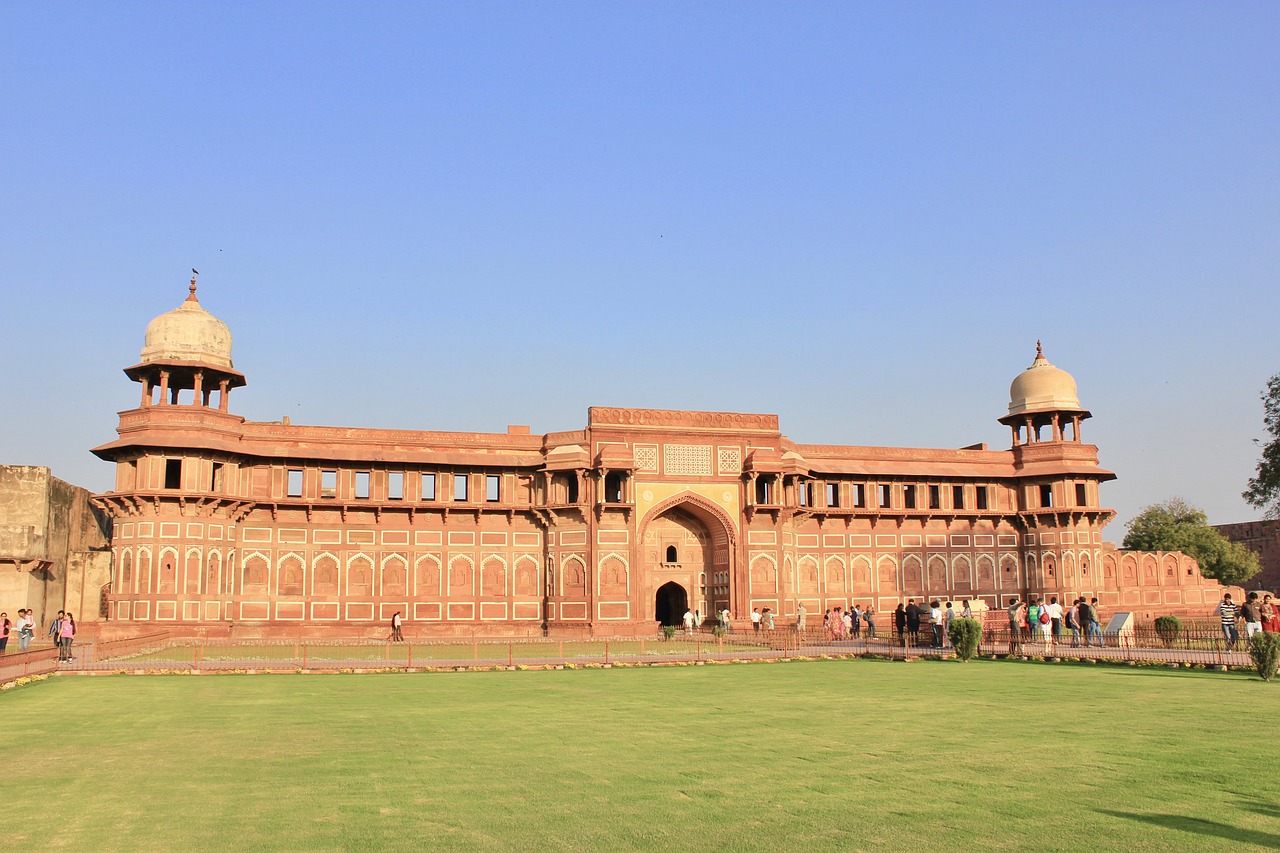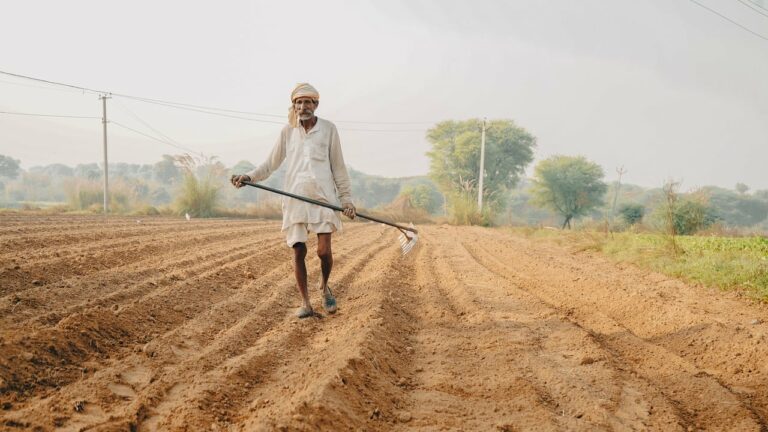Leveraging Social Media Contests for Political Engagement: All panel.com, Cricket 99 betting app, Lotus365 login
all panel.com, cricket 99 betting app, lotus365 login: Micro-influencers have become a powerful force in marketing, but their role extends beyond promoting products and services. In recent years, these individuals with a modest but engaged social media following have played a significant role in grassroots political campaigns. Their ability to connect with niche audiences and foster genuine relationships makes them an invaluable asset for candidates looking to reach voters on a local level.
So, what exactly is a micro-influencer, and how do they fit into the world of politics? Let’s dive into the details.
Who are Micro-influencers?
Micro-influencers are social media users who have between 1,000 and 100,000 followers. While they may not have the massive reach of celebrities or macro-influencers, they make up for it with high levels of engagement and authenticity. Their followers tend to trust their recommendations and view them as relatable and trustworthy sources of information.
In the context of political campaigns, micro-influencers can be anyone from local activists and community organizers to small business owners and educators. What sets them apart is their ability to mobilize their followers around a shared cause or candidate, making them ideal partners for grassroots campaigns.
The Power of Micro-Influencers in Politics
Micro-influencers have the unique ability to reach highly targeted audiences that may be overlooked by traditional campaign strategies. By leveraging their personal connections and credibility, they can amplify a candidate’s message and mobilize supporters in their local communities.
For example, a micro-influencer who is active in environmental advocacy can help a candidate connect with voters who prioritize climate issues. By sharing relevant content and personal endorsements, they can sway opinions and drive voter turnout among their followers.
Additionally, micro-influencers can humanize candidates and make them more relatable to voters. By showcasing behind-the-scenes moments, personal stories, and authentic interactions, they can help voters see the candidate as a real person rather than just a political figure.
How Micro-Influencers Can Support Grassroots Campaigns
Micro-influencers can support grassroots political campaigns in a variety of ways, including:
1. Social Media Advocacy: Micro-influencers can use their platforms to share campaign updates, promote events, and encourage voter engagement.
2. Volunteer Recruitment: By mobilizing their followers to volunteer for the campaign, micro-influencers can help expand the candidate’s reach and impact.
3. Fundraising Support: Micro-influencers can use their influence to drive donations and support fundraising efforts for the campaign.
4. Community Outreach: Micro-influencers can engage with local voters, host meet-and-greets, and participate in community events to build support for the candidate.
5. GOTV Initiatives: Micro-influencers can play a crucial role in get-out-the-vote initiatives by encouraging their followers to vote and providing information on how to participate in the election.
The Key Benefits of Working with Micro-Influencers
There are several key benefits to working with micro-influencers in grassroots political campaigns:
1. Targeted Reach: Micro-influencers can help campaigns target specific demographics, interests, and locations, ensuring that their message reaches the right audience.
2. Authentic Engagement: Micro-influencers have built trusting relationships with their followers, which can lead to higher levels of engagement and action.
3. Cost-Effective: Compared to traditional advertising channels, working with micro-influencers can be a cost-effective way to reach voters at a local level.
4. Amplified Message: By tapping into the networks of micro-influencers, campaigns can amplify their message and increase visibility within their target communities.
5. Grassroots Support: Micro-influencers are often deeply connected to their local communities and can provide valuable grassroots support for a candidate.
FAQs
Q: How can campaigns find and partner with micro-influencers?
A: Campaigns can identify potential micro-influencers by researching local social media users who are actively engaged in relevant topics or causes. They can reach out to them directly through social media or email to propose a partnership.
Q: How can micro-influencers disclose their support for a candidate in a transparent way?
A: Micro-influencers should always disclose their support for a candidate clearly and transparently in their social media posts. They can use hashtags like #ad, #sponsored, or #partner to indicate that the content is part of a paid or sponsored collaboration.
Q: What are some best practices for working with micro-influencers in political campaigns?
A: Campaigns should provide micro-influencers with clear guidelines, messaging, and resources to ensure that they are aligned with the campaign’s goals and values. They should also monitor and track the impact of their collaborations to measure their effectiveness.
In conclusion, micro-influencers play a vital role in grassroots political campaigns by leveraging their influence to connect with voters on a personal level. By partnering with these individuals, campaigns can reach niche audiences, drive engagement, and build support within their local communities. As the digital landscape continues to evolve, the role of micro-influencers in politics is only expected to grow, making them indispensable allies for candidates looking to make an impact at the grassroots level.







